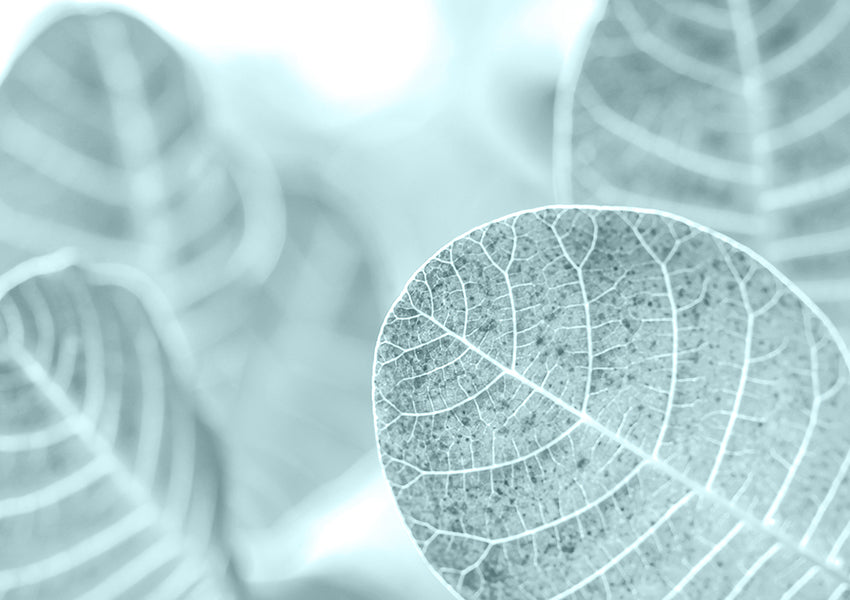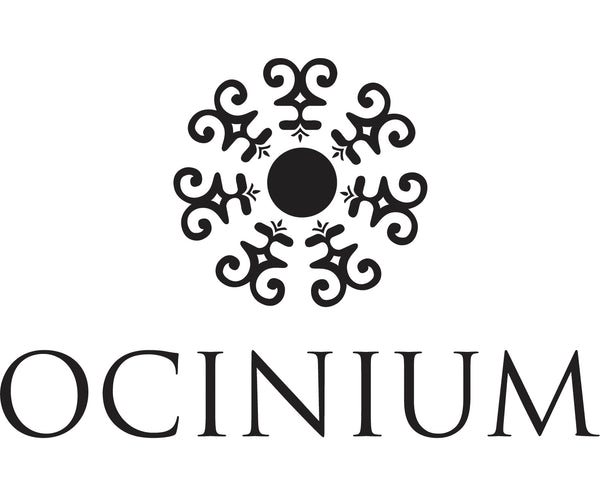Debunking DIY Skincare Recipes
July 25 2018 – Cassandra Hilton

With the explosion of DIY skincare tips all over YouTube, Pinterest and blogs, DIY skincare has seen us experiment with a range of natural skin care ingredients for at home skincare recipes from lemon juice, apple cider vinegar to sugars, Himalayan salt, bentonite clay and even charcoal. On the surface, natural ingredients can seemingly appear safe, but not every edible beauty ingredient is good for your skin. Just because you can eat it or pronounce it, doesn’t make it is safe to use.
Skincare recipes created by well-intentioned people, may also be accidentally passing on inaccurate information as it can be difficult to sort through all of the conflicting opinions and know who to trust. Opinions also vary between concentrations, measurements and combinations of ingredients, there is a reason cosmetic chemists formulate in decimal percentages to ensure safety. Every ingredient has a level of toxicity and safety, even water when ingested!
When making DIY skincare, essential oils can provide a beautiful fragrance profile to a homemade skincare product. They are also the most misunderstood when it comes to their use. These natural compounds have a somewhat controversial reputation and are unpredictable in nature as they are highly concentrated and contain complex substances comprised of varying amounts of chemicals such as terpenes, esters, aldehydes, ketones, alcohols, phenols and oxides.
In DIY skincare recipes essential oils are also used for the treatment of infections, inflammatory skin conditions and general skin maintenance including treating blemishes, pigmentation, firming and tightening, fine lines and wrinkles. Sensitivity and allergies to essential oils are incredibly common, especially to the components of limonene, linalool, citral and cinnamyl alcohol. These occur naturally within with citrus oils, such as bergamot, lemon, lime, grapefruit and orange, which contain foucoramins, in addition to limonene, linalool, and citral.
There is one ingredient that features in a range of DIY skincare recipes that every dermatologist agrees should definitely be left out. Lemon juice contains some properties that may be sound great for you skin, containing high levels of vitamin c and natural occurring alpha hydroxy acids (AHAs) that together brighten and exfoliate skin, it is however very acidic, with a pH2, altering the skins acid mantle, leading to irritation and inflammation. While it has been hailed a miracle for gradually diminishing the appearance of pigmentation and sun spots, the exfoliating action of pure lemon juice on your face will weaken the skins barrier causing permanent damage and increasing the skins sensitivity to UV rays.
Sugar and Himalayan salt are commonly used in natural skincare recipes in scrubs, cleansers and exfoliation DIY skincare trends such as DIY lip scrubs. While exfoliants are great for refining and brightening skin, over exfoliating can cause cells beneath to become exposed, causing your skin to be vulnerable to redness, inflammation and discomfort. The medium to large granular size of manual exfoliating ingredients such as salts and sugars can cause micro-tears in the skins surface, making it more sensitive, causing irritation, inflammation and long-term damages that can be difficult to resolve. While exfoliation is necessary at least once or twice a week to remove the outer layers of dead skin, the use of larger granules or over-exfoliation will leave your skin with anything but a healthy glow.
To keep your skin looking its best, it is important to stick to well formulated products that are specific for and have been developed for your skin. If you want to attain a beautiful, glowing complexion it is crucial to take proper and gentle care of your skin.
